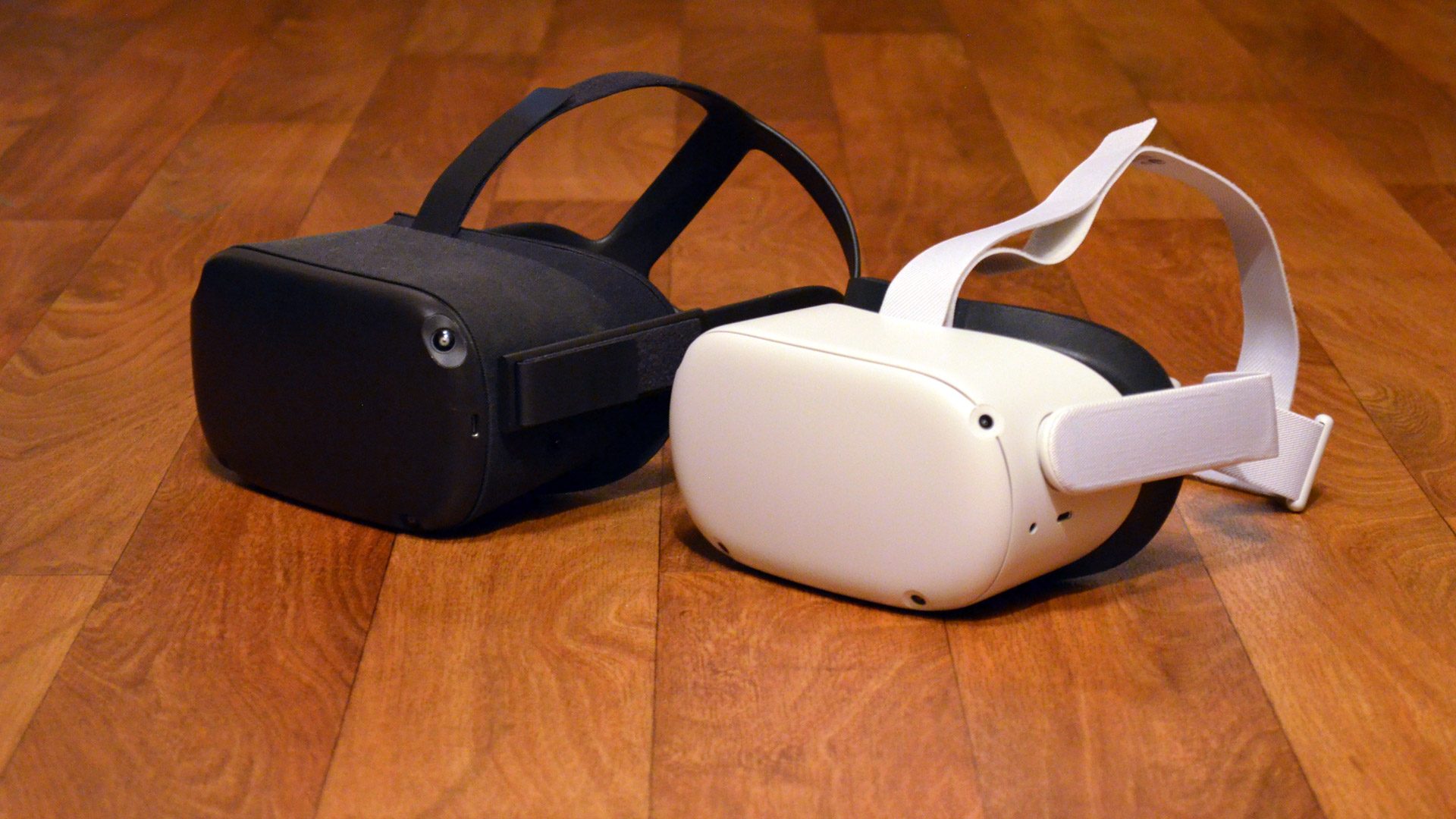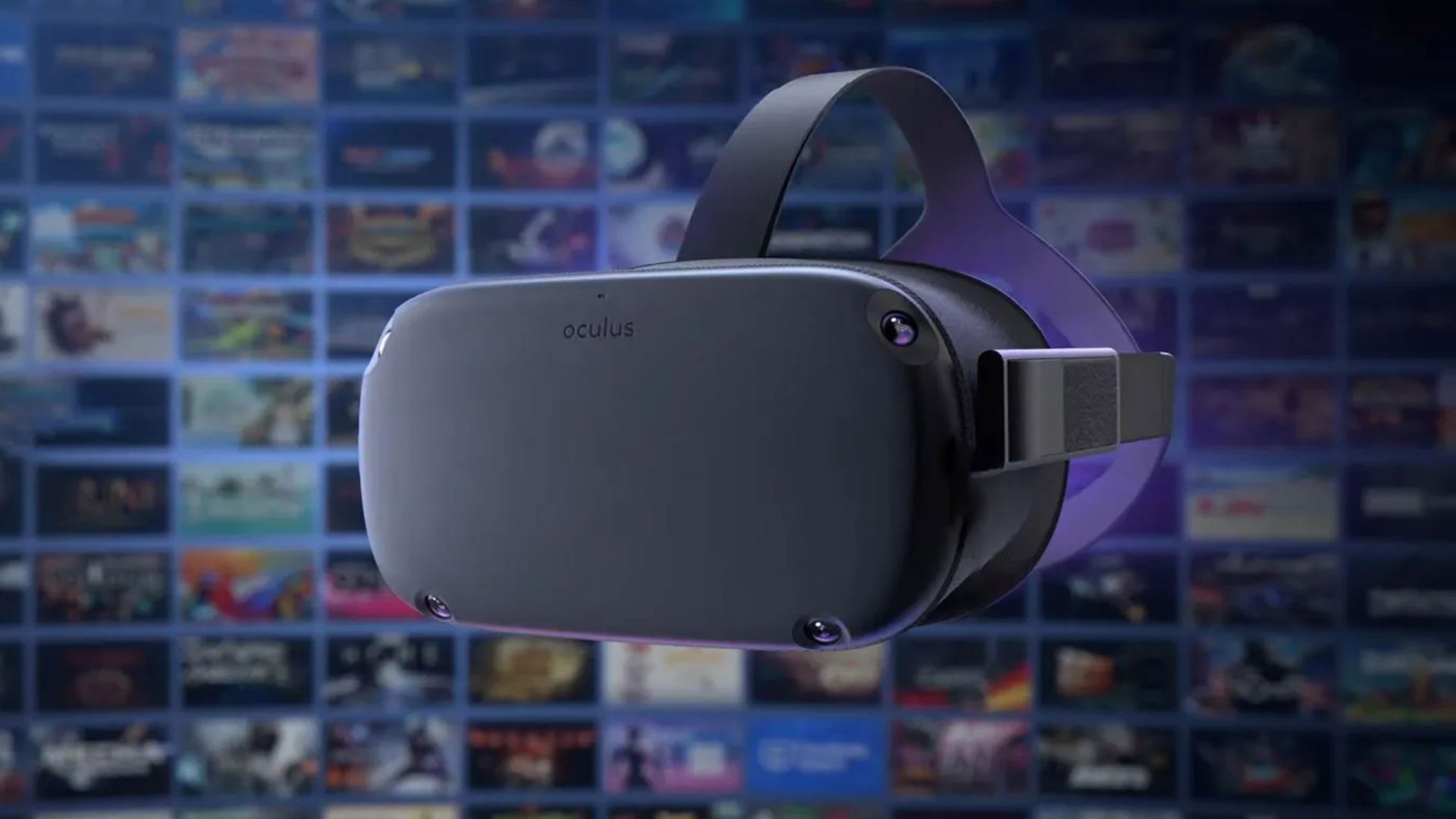Meta announced last year it was sunsetting the original Quest, which was first released in 2019. While many developers of new apps have since stopped including the nearly five year-old headset as a supported device, now the company says it’s taking choice out of the equation, as no new apps will be able to offer support for Quest 1 starting on April 30th.
The company announced the news in an email to developers, seen below:
Notice to Quest 1 Developers
As we announced last year, we are implementing important changes to Quest 1. Beginning on April 30, 2024, we will discontinue support for new Quest 1 apps. This means that new apps created after this date cannot list Quest 1 as supported hardware:
– You will not be able to upload builds for new apps that only support Quest 1
– Builds for new apps that support other Quest devices along with Quest 1 will be able to be uploaded, but Quest 1 support will be blocked
– New apps will not be listed in the catalog of Quest 1 apps in the Meta Store
– Quest 1 users will not be able to search or purchase new apps created after April 30, 2024As a reminder, we will continue to maintain the system software with critical bug fixes and security patches through August 2024.
We thank you and the entire Quest 1 community for your efforts in growing this ecosystem.
Meta announced in January 2023 that first-party social apps Parties and Meta Horizon Home would no longer support Quest 1, marking the company’s initial steps in sunsetting its first 6DOF standalone VR headset.
A little over one year after the launch of Quest 1, Meta released its successor, Quest 2, which featured higher resolution displays (1,440 × 1,600 OLED vs 1,920 × 1,832 LCD) and a higher refresh rate (72 Hz vs up to 120 Hz) driven by a Qualcomm Snapdragon XR2—a significant upgrade over the Quest 1’s Snapdragon 835.

Now, already in the third generation with the release of Quest Pro in late 2022 and Quest 3 in late 2023, the company has moved on to include mixed reality passthrough as a headlining feature for its headsets moving forward.
Given the five-year life span of Quest 1, it’s possible we may see a similar path forward for Quest 2, giving developers and consumers just another year with the admittedly still very functional VR headset. Considering however the company is still selling Quest 2 alongside Quest 3 and Quest Pro, it remains to be seen whether its second-gen standalone will give up the ghost so quickly.
,
